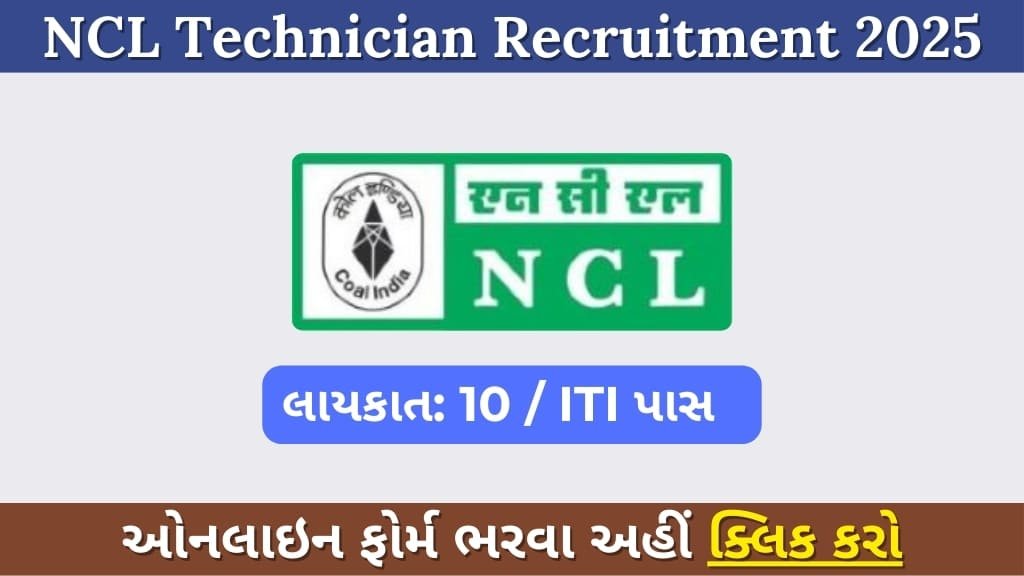In the vast realm of law, Corporate Law and Intellectual Property (IP) Law stand out as two of the most dynamic and in-demand specializations, especially in India’s rapidly evolving economic landscape. As businesses grow and innovations rise, the need for legal professionals who can manage corporate compliance and protect intellectual assets is more critical than ever.
If you’re considering a legal career and want to explore high-paying, intellectually stimulating, and globally relevant fields, then becoming a corporate or intellectual property lawyer in India might be the ideal path for you.
Who is a Corporate or IP Lawyer?
A corporate lawyer advises businesses on their legal rights, responsibilities, and obligations. They ensure that companies operate within the framework of the law while facilitating their commercial objectives. On the other hand, an intellectual property lawyer focuses on protecting creations of the mind—such as inventions, trademarks, copyrights, and designs.
While both are part of the legal world, they serve distinct but occasionally overlapping roles.
Key Responsibilities
🔹 Corporate Lawyer Responsibilities
-
Drafting and reviewing business contracts, MOUs, shareholder agreements, etc.
-
Advising on mergers, acquisitions, and joint ventures
-
Ensuring corporate governance and regulatory compliance
-
Handling corporate litigation and dispute resolution
-
Advising on labor laws, tax laws, and securities regulations
🔹 Intellectual Property Lawyer Responsibilities
-
Filing and managing trademarks, patents, copyrights, and designs
-
IP litigation and enforcement against infringement
-
Drafting licensing and assignment agreements
-
Conducting IP due diligence
-
Advising clients on IP strategy, portfolio management, and protection
Educational Qualifications Required
To become a corporate or IP lawyer in India, you need to follow the standard legal education path and then specialize:
✅ Step-by-Step Path
-
Clear Class 12th (Any Stream)
-
Pursue a 5-Year Integrated Law Course (like BA LL.B., BBA LL.B., or B.Sc. LL.B.)
-
Reputed institutes: National Law Universities (NLUs), Symbiosis Law School, Jindal Global Law School
-
Appear for CLAT, LSAT, or SLAT for admission
-
-
Alternatively, pursue a 3-Year LL.B. after graduation
-
Get Registered with the Bar Council of India
-
Specialize in Corporate Law or IP Law
-
Take specialized electives during law school
-
Pursue LLM in Corporate or IP Law (optional but beneficial)
-
Obtain certifications from WIPO, FICCI, or NALSAR for IP Law
-
Top Skills Required
Whether you choose Corporate Law or IP Law, the following skills are essential for success:
📌 Common Legal Skills:
-
Excellent verbal and written communication
-
Strong analytical and logical reasoning
-
Attention to detail
-
Research proficiency
-
Negotiation skills
📌 For Corporate Law:
-
Understanding of commercial and financial laws
-
Corporate governance knowledge
-
Contract drafting and interpretation skills
📌 For IP Law:
-
Knowledge of copyright, patent, and trademark laws
-
Technical know-how for patent drafting (especially for tech/engineering backgrounds)
-
Strategic thinking for IP portfolio development
Top Employers in India
Legal professionals in these domains are in high demand across various sectors:
🔹 Top Law Firms:
-
AZB & Partners
-
Shardul Amarchand Mangaldas
-
Khaitan & Co.
-
Cyril Amarchand Mangaldas
-
Trilegal
-
Nishith Desai Associates
🔹 Corporates & MNCs:
-
Reliance Industries
-
Tata Group
-
Infosys
-
Wipro
-
Amazon
-
Google India
🔹 IP Boutiques & Consultancies:
-
Remfry & Sagar
-
Anand and Anand
-
Saikrishna & Associates
-
LexOrbis
-
K&S Partners
Career Path and Growth
The legal profession offers a structured and rewarding career progression.
| Position | Experience | Role |
|---|---|---|
| Junior Associate | 0–2 years | Assists senior lawyers in legal research and drafting |
| Associate | 2–5 years | Handles client communication, contract drafting, basic litigation |
| Senior Associate | 5–8 years | Manages cases, client portfolios, negotiations |
| Principal Associate | 8–10 years | Leads legal teams, high-stakes deals or litigation |
| Partner | 10+ years | Firm leadership, client acquisition, high-profile matters |
Salary Expectations
Salaries in the legal sector vary based on experience, employer, and location.
| Position | Corporate Lawyer | IP Lawyer |
|---|---|---|
| Entry-Level (0–2 years) | ₹6 – ₹10 LPA | ₹5 – ₹9 LPA |
| Mid-Level (3–7 years) | ₹12 – ₹25 LPA | ₹10 – ₹20 LPA |
| Senior-Level (8–15 years) | ₹30 LPA+ | ₹25 LPA+ |
| Partner-Level | ₹50 LPA – ₹1 Cr+ | ₹40 LPA – ₹80 LPA+ |
Note: In-house roles may offer slightly lower salaries but better work-life balance.
Work Environment and Lifestyle
Lawyers, especially in top-tier firms, often work long hours—especially during mergers, due diligence, or litigation phases. However, in-house counsel positions in companies or consultancies offer a more structured schedule.
Intellectual property lawyers may have a slightly more balanced lifestyle, depending on the volume of litigation versus filing and consulting work.
Pros and Cons
✅ Pros:
-
Prestigious and respected profession
-
High earning potential
-
Opportunities in both private and public sectors
-
Intellectual stimulation and diverse work
-
International exposure (especially in IP law)
❌ Cons:
-
Long working hours
-
High competition
-
Constant need to stay updated with laws and regulations
-
Stressful environments, especially during big corporate deals
Why Choose Corporate or IP Law in India?
India’s business and innovation ecosystem is booming. With the government’s push for “Make in India,” startup growth, and rising global investment, the demand for corporate and IP legal expertise is increasing rapidly.
Corporate lawyers are essential for startups, MSMEs, and multinational companies as they grow, acquire funding, or go public. Meanwhile, IP lawyers help creators, inventors, and companies protect and monetize their ideas in a highly competitive market.
Conclusion
Becoming a corporate or intellectual property lawyer in India is a prestigious and rewarding career path. It requires commitment, continuous learning, and strategic thinking. Whether you’re passionate about business laws, deal-making, or protecting innovations, both these legal domains offer immense opportunities for professional growth and financial success.
With the right education, exposure, and persistence, you can build a fulfilling legal career in one of India’s most promising sectors.









